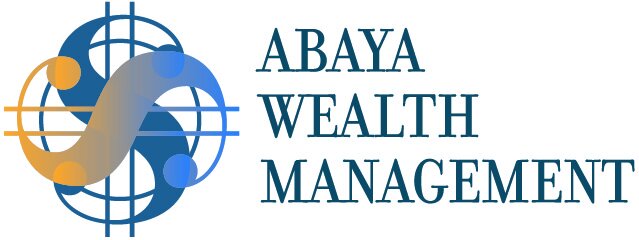What are the risks for retirement?
Retirement is a stage of life that requires careful planning to mitigate various risks that can threaten financial stability and well-being. Here are some of the risks:
1. Longevity Risk:
The risk of outliving your savings or investments. With advancements in healthcare and increasing life expectancies, individuals may need to support themselves financially for longer periods in retirement than they had originally planned.
2. Inflation Risk:
The possibility that the purchasing power of your money will decrease over time due to rising prices. Inflation erodes the real value of money, meaning that over time, the same amount of money will buy fewer goods and services.
3. Risk of Aging:
This encompasses the various challenges and uncertainties associated with the aging process, including potential declines in physical or cognitive health (frailty risk), increased healthcare costs, and the need for long-term care.
4. Risk of Overspending:
This is the risk of spending more money than you can afford to, leading to financial difficulties or depletion of assets. It can arise from lack of budgeting, impulse spending, or underestimating future expenses.
5. Market Risk:
Market risk, also known as systematic risk, is the risk of losses in investments due to factors that affect the entire market, such as economic downturns, geopolitical events, or changes in interest rates. It cannot be diversified away and affects all investments to some extent. Negative returns in early retirement can cause more financial risk.
6. Timing Risk:
Timing risk refers to the risk of poor investment returns due to the timing of buying or selling assets. For example, investing just before a market downturn or selling during a market upswing can lead to sub-optimal outcomes.
7. Public Policy Risk:
This involves the risk that changes in government policies or regulations could negatively impact your financial situation. This could include changes in tax laws, social security benefits, healthcare policies, or other government programs that affect retirement planning and investment strategies.
8. Risks to Work Income:
When additional full-or-part-time work income is relied on for retirement security , threats to continued work (lack of opportunity, health limitations, or caregiving responsibilities) can have a negative financial impact on retirement security.
